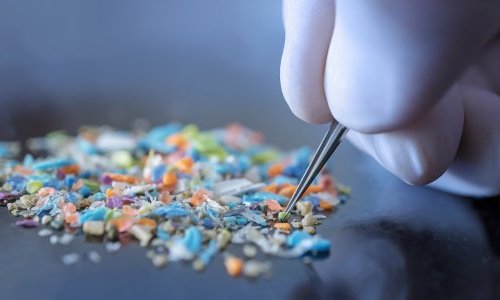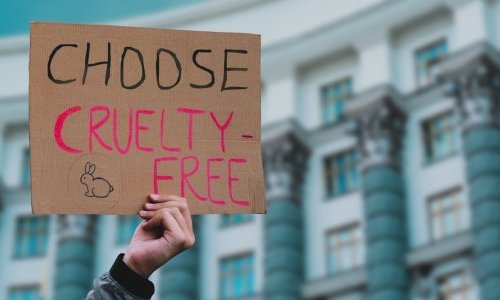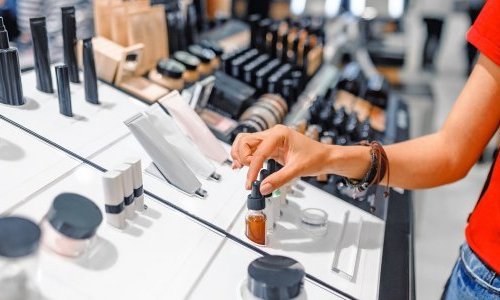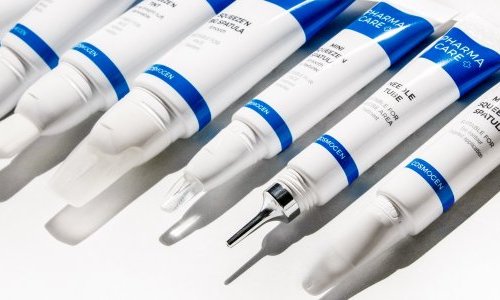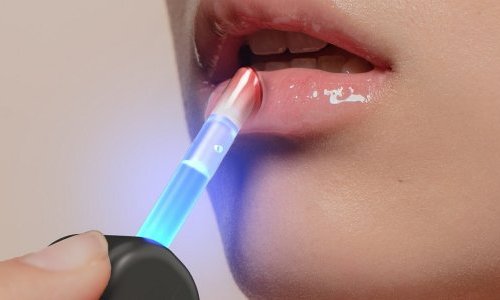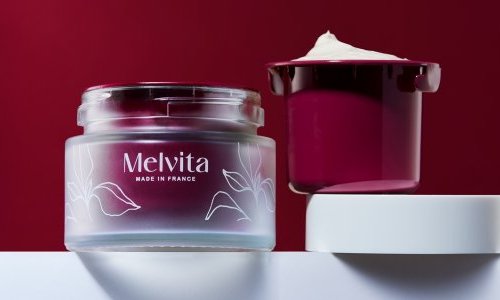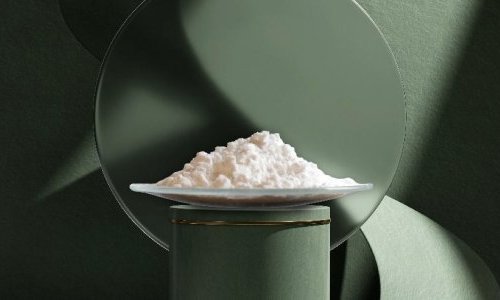On TikTok, the #dupes hashtag has no less than two billion views. All the hashtags dedicated to fragrance dupes — and there are many of them — total well over 500 million views, reflecting the interest that users have in these imitations.
Beyond fragrances, dupes exist in many sectors, including fashion, but also cosmetics, with dupes of skincare products, makeup, or perfumes. While low-cost imitations are nothing new, the phenomenon has taken on particular importance in the era of social networks where the quest for “good deals” has become one of Gen Z’s favourite sports. In terms of perfumery, the aim is to identify accessible fragrances that smell as close as possible as some of the world’s great designer scents. A game that is not very difficult, as fragrance duplicates are common in a world where there is no patent for scents.
Scent comparisons
On social networks, Internet users therefore publicly engage in a big-scale game of scent comparisons. According to Stylight, the scent of the Baccarat Rouge 540 fragrance from Maison Francis Kurkdjian, for instance, would have been compared by TikTok users to the much cheaper Cloud by Ariana Grande.
The fact that Internet users and influencers share “good deals” spotted among the plethora of perfumes available on the market is not really a problem. But the game sometimes takes a curious twist.
The many videos themed on the trend seem to feature a lot of products by retailers such as Zara, Lidl, Action, Primark, or Mango. We can thus learn that Zara’s ’Gardenia’ apparently would smell just like Yves Saint Laurent’s ’Black Opium’, and that ’Lovely de Suddenly’ by Lidl would be a dupe of Dior’s ’J’adore’ scent. Outside the social networks, the media — whether specialist and generalist — often reproduce identical lists referring to the same distributors. In many cases, it looks like these comparisons might be – at least partly – controlled by third parties and are getting dangerously close to the limits set by industrial and commercial property rights.
Trademark infringements
As long as they do not reproduce the designs and models of the brands they are referring to, and as long as they do not imitate their names, dupes are not considered to be counterfeits. However, certain practices may be sufficient to bring the law into play.
It might be useful to remind that in 2014, a French court found that a company managing a site named www.pirate-parfum.fr was guilty of brand infringement. According to the judges, the company was not making reference to famous brands in order to compare its own products, but to profit from their fame by sparing itself the marketing design and development costs their owners did meet to become as famous as they are now.
Whether they name their products dupes, generic perfumes, or designer-inspired perfumes, brands such as Nox, Divain, Eden Perfumes or Noted Aromas are using commercial practices that are very similar to those then condemned by French courts. However, none of these brands is located in France, and the case law on these subjects is quite variable from one country to another, even within the European Union.
Moreover, court delay can be very long. Recently, Spanish-based chain retailer Equivalenza was sentenced by French courts to a fine of 400,000 euros - including 200,000 euros suspended - for trademark infringement with regard to major perfume brands, after almost eight years of legal proceedings!
“Equivalenza was sentenced for the distribution and use of ‘correlation’ tables. But, to date, the case law history on dupes is inexistent,” highlights Xavier Guéant, Director Legal Affairs at France’s Fragrance, Cosmetics and Toiletries Federation (FEBEA).
“However, this a highly symbolic decision. It marks an important step in the defence of the intangible perfumery heritage, and it should initiate a reflection about the practices of some industry players. And we are obviously very attentive to the practices that are now driven by the rise of social networks,” adds Guéant.
In parallel to a well-informed comparison from beauty addicts searching for good deals, dupes could also hide the mere reinvention – with a new name – of old practices that have been judged illegal in the past. In any case, it is very unlikely that dupes announce the advent of a new way of consuming fragrances and the emergence of what some call “fast perfumery”. Indeed, the practice is closely linked to the innovation and creativity of major brands and cannot get any autonomy from those who set the trends.




